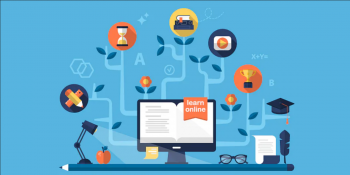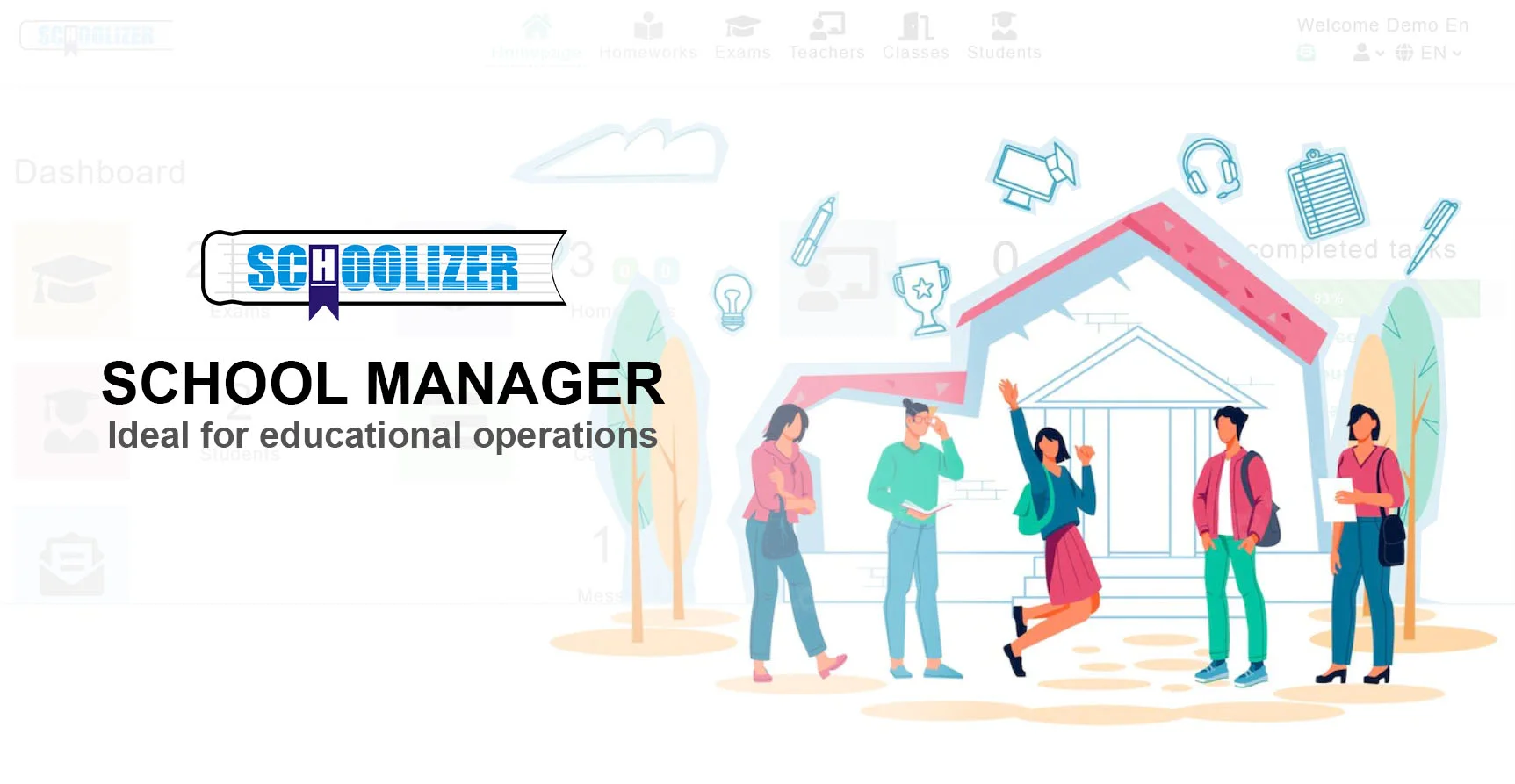Beyond the Classroom: Preparing Students for Ethical and Excellent Work in the Real World

Preparing Students for Good Work: Beyond Academic Achievement to Lifelong Success
What does it truly mean to prepare students for the workforce? Why do many academically successful graduates struggle in professional environments? How can educators bridge the gap between classroom learning and real-world application? These questions lie at the heart of modern education's most pressing challenge: moving beyond test scores to cultivate students who are not just knowledgeable, but capable, ethical, and adaptable contributors to society.
Redefining Educational Success: More Than Grades and Tests
For decades, educational success has been predominantly measured by standardized test scores, GPA, and college acceptance rates. While these metrics have their place, they often fail to capture the complete picture of student readiness for the professional world. The concept of "good work" extends far beyond academic achievement—it encompasses ethical reasoning, practical skills, and the character development necessary to navigate complex professional environments.
Modern employers consistently report that while technical knowledge is important, it's the soft skills—communication, collaboration, problem-solving, and adaptability—that often determine long-term success. A graduate might possess exceptional mathematical abilities but struggle to work effectively in teams or communicate ideas clearly to colleagues. The educational system must therefore expand its definition of success to include these crucial competencies.
Real-world example: Consider a high school that implemented a portfolio assessment system alongside traditional grades. Students not only submitted academic work but also documented their collaborative projects, ethical dilemmas they navigated, and practical problems they solved in their community. Employers in the area began preferentially hiring graduates from this school, noting they required less training and adapted more quickly to workplace dynamics.

The Three Pillars of Good Work: Excellence, Ethics, and Engagement
The framework for preparing students for good work rests on three essential pillars: excellence, ethics, and engagement. Excellence refers to the development of high-quality skills and knowledge—the technical competence required to perform tasks effectively. Ethics involves understanding the moral dimensions of work, making principled decisions, and considering the broader impact of one's actions. Engagement encompasses finding meaning and purpose in work, connecting personal values with professional activities.
These pillars are interdependent; excellence without ethics can lead to competent but harmful outcomes, while ethics without excellence may result in well-intentioned but ineffective efforts. Engagement serves as the catalyst that sustains motivation and connects personal fulfillment with professional contribution. Educators must consciously design learning experiences that develop all three dimensions simultaneously.
Practical application: A science teacher designing a unit on environmental science might traditionally focus only on scientific facts (excellence). To incorporate all three pillars, the teacher could add ethical discussions about environmental responsibility and engage students in a local conservation project where they apply their knowledge to make a tangible difference in their community.

Cultivating Essential Competencies: The Skills That Truly Matter
Preparing students for good work requires deliberate development of specific competencies that transcend traditional subject boundaries. Critical thinking enables students to analyze information, evaluate arguments, and make reasoned decisions. Creativity allows them to generate innovative solutions to complex problems. Collaboration teaches them to work effectively with diverse teams, while communication ensures they can articulate ideas clearly across various formats and audiences.
Additionally, adaptability prepares students for rapidly changing work environments, and digital literacy equips them to navigate technology responsibly and effectively. Perhaps most importantly, ethical reasoning helps students recognize moral dimensions of decisions and act with integrity even when facing pressure or ambiguity.
Real-world example: A business program that incorporated ethical case studies into every course found that graduates were better prepared to handle real-world dilemmas. When faced with pressure to cut corners on safety standards, these professionals were more likely to raise concerns and propose ethical alternatives, ultimately saving their companies from potential lawsuits and reputational damage.

Pedagogical Shifts: Teaching Methods That Foster Readiness
Traditional lecture-based instruction often falls short in preparing students for good work. Educators must embrace pedagogical approaches that mirror real-world professional experiences. Project-based learning engages students in extended, authentic challenges that require application of knowledge across disciplines. Service learning connects academic content with community needs, fostering civic responsibility and practical problem-solving.
Design thinking methodologies teach students to approach problems with empathy, experimentation, and iteration. Socratic seminars and ethical dilemma discussions develop reasoning and communication skills. These approaches share a common emphasis on active, experiential learning rather than passive reception of information.
Practical application: Instead of simply teaching mathematical formulas, a teacher might present students with a community infrastructure problem—such as optimizing public transportation routes—requiring them to apply mathematical concepts, consider ethical implications (service to underserved neighborhoods), and present their solutions to city officials.

Assessment Evolution: Measuring What Actually Matters
If we want to prioritize preparation for good work, our assessment methods must evolve beyond multiple-choice tests and standardized exams. Authentic assessments—such as portfolios, performance tasks, and real-world projects—provide a more comprehensive picture of student capabilities. These assessments evaluate not just what students know, but how they apply knowledge in complex, ambiguous situations similar to those they'll encounter in professional settings.
Rubrics for good work should explicitly address the three pillars: excellence in execution, ethical considerations in decision-making, and evidence of genuine engagement. Self-assessment and reflection components help students develop metacognitive awareness of their own growth and areas for improvement.
Real-world example: A university replaced traditional final exams with "capstone projects" where students addressed real organizational problems presented by community partners. Assessment included not only the quality of their solution (excellence) but also their ethical analysis of potential impacts and their reflection on what they learned through the process.

Creating Supportive Ecosystems: The Role of Schools and Communities
Preparing students for good work cannot be accomplished by teachers alone—it requires a holistic ecosystem of support. Schools must create cultures that explicitly value and model ethical behavior, excellence, and engagement. This includes professional development for educators to strengthen their own understanding of good work and how to foster it.
Partnerships with businesses, community organizations, and higher education institutions provide authentic contexts for learning and mentorship opportunities. Parents and families play a crucial role in reinforcing these values at home. Technology can be leveraged to connect students with global challenges and diverse perspectives.
Practical application: A school district established a "professional mentor" program matching students with local professionals who guided them through ethical dilemmas in their field. These relationships not only provided real-world insights but also helped students develop networks and understand the practical application of their learning.

Conclusion: The Urgent Need for Educational Transformation
As the world grows increasingly complex and interconnected, preparing students for good work is no longer optional—it's an educational imperative. This requires a fundamental shift from content delivery to capacity building, from standardized testing to authentic assessment, and from isolated academic achievement to integrated development of excellence, ethics, and engagement.
By redefining success, embracing new teaching methods, evolving assessment practices, and building supportive ecosystems, educators can empower students not just to succeed professionally, but to contribute meaningfully to their communities and find fulfillment in their work. The future of education must be about cultivating humans who will do good work, not just workers who can perform tasks efficiently.






